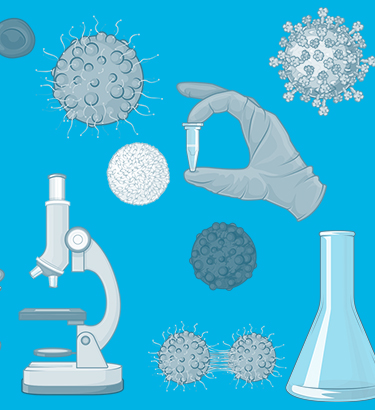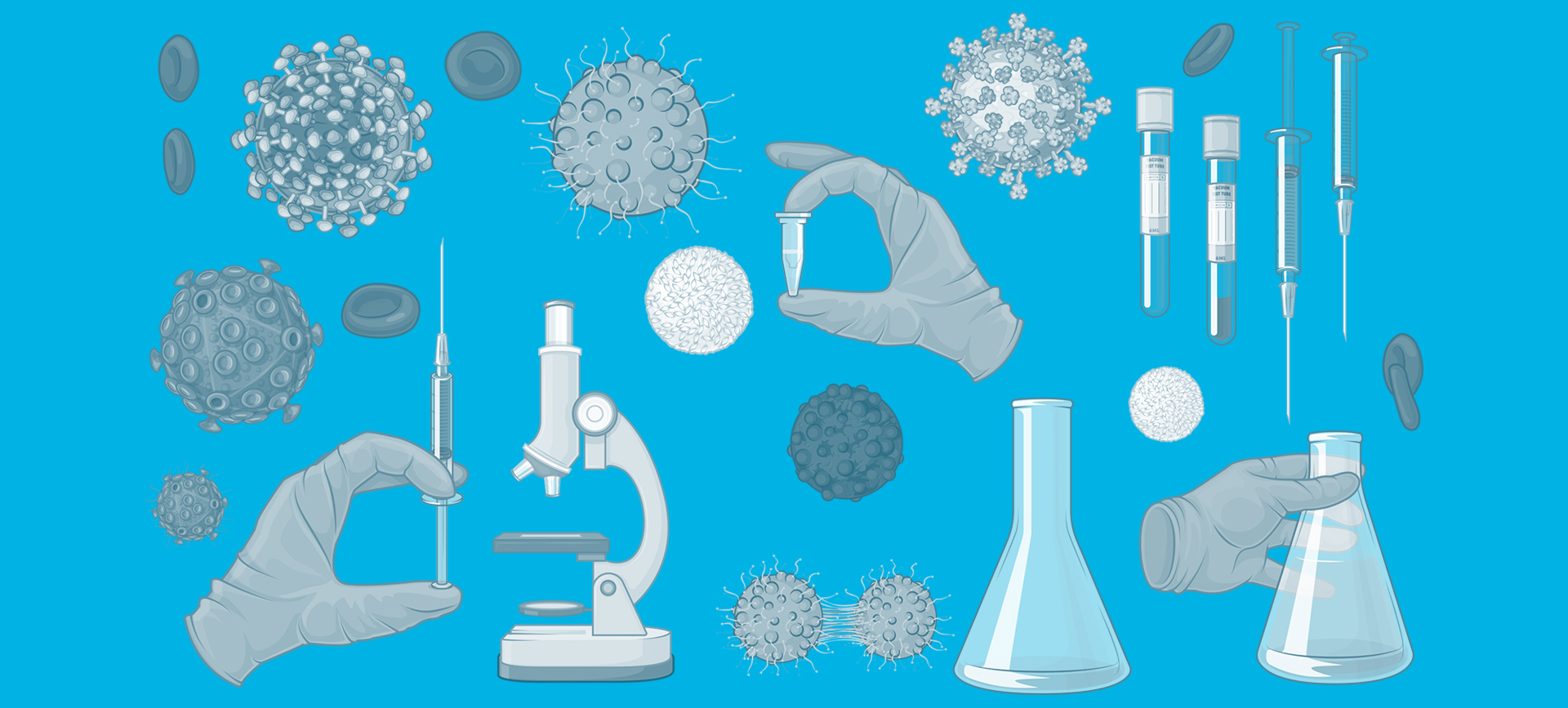Second only to skin cancer, prostate cancer is the cancer American men are most likely to contract and is also the second-leading cause of cancer death following lung cancer. Affecting 1 in 8 men, it is a prevalent disease. However, most men diagnosed with prostate cancer do not die from the condition.
Researchers are continuously progressing diagnostic and treatment methods for prostate cancer. A lot of this research is focused on biomarkers.
"Essentially, a biomarker is a molecule found in the body, whether in blood, tissues or body fluid, that is indicative of a normal or abnormal biological process," said Justin Houman, M.D., a urologist and men's health specialist at Tower Urology in Los Angeles.
Oncologists use biomarkers to diagnose, predict prognosis and guide treatment of cancers. However, biomarker tests vary significantly from cancer to cancer. So let's take a quick look at the use of biomarkers in prostate cancer detection and treatment.











